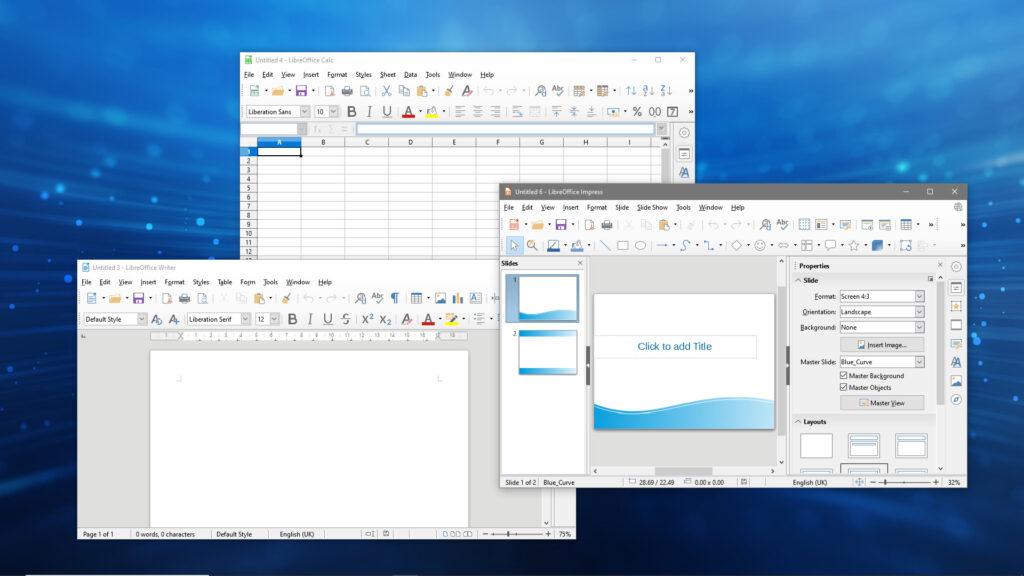- Denmark wants to get out of the Microsoft grip, resorting to Linux and Libreoffice for Independence
- The Danish government is choosing open source on the blockage of suppliers and foreign technology control
- LibreOffice could be free, but can Microsoft Office compatibility?
Denmark is embarking on an ambitious effort to reduce its dependence on the patented software of foreign technological giants by transitioning of their government systems away from the offers of Microsoft Windows and Office 365.
According to reports, the Danish Digitization Ministry plans a gradual migration to Linux and Libreoffice operating systems for office productivity.
The initiative is promoted by concerns about digital sovereignty and strategic risks to depend on foreign suppliers, particularly those based in the United States.
Danish officials cite the widely used open -effect source office suite as the best alternative to Microsoft Office for their needs.
The ministry aims to obtain greater control over software updates, data storage and safety while avoiding the blocking of the supplier.
This effort is not only about reducing costs, although reduced license rates are expected to generate financial benefits.
The central objective, according to Minister Caroline Stage, is strategic: safeguarding the Digital Digital Infrastructure of the uncertainties of geopolitical tensions and the risk of interrupted access to US services.
The measure is aligned with a broader trend in Europe, where governments are increasingly cautious about the long -term implications of depending on foreign technological companies.
The Denmark initiative is not exempt from precedents. More than a decade ago, Germany, especially the city of Munich, tried to replace Microsoft products with Linux and Libreoffice.
Despite the initial enthusiasm, the project was finally reversed due to compatibility problems, user dissatisfaction and challenges to maintain productivity.
Given this history, observers can question whether the Denmark approach can generate different results.
The Danish government, however, seems to be proceeding with greater caution. The deployment will be gradual, and the ministry has declared that it will return to Microsoft Tools if serious interruptions arise.
This pragmatic position indicates a willingness to prioritize operational continuity over strict adhesion to the transition timeline.
While LibreOffice is often described as the leading alternative to Microsoft Word, its real world performance in government environments remains a topic of debate.
Compatibility with Microsoft Office documents and user adaptation to a new interface may raise significant challenges.
Similarly, while Linux frequently praises as a powerful and safe operating system, their stability and support can vary according to the chosen distribution.
Ultimately, the Denmark initiative represents a broader political and technological experiment, one that raises important questions about the control, resistance and future of national digital infrastructure.
It remains to be successful where others have stumbled, but what is clear is that the measure is less about software preference and more about who owns the keys to government technology.
Through Guru3d




